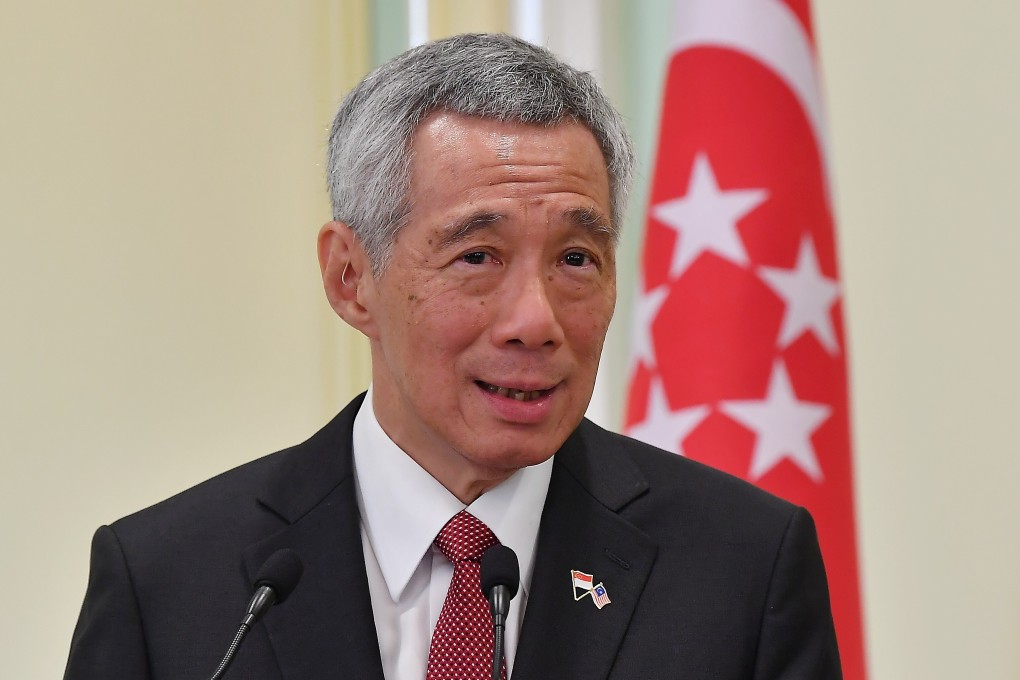Advertisement
Singapore PM says stable US-China ties crucial for Asia; hopes Hong Kong settles into ‘new normal’ with security law
- Prime Minister Lee Hsien Loong told an Atlantic Council forum that stable US-China relations were crucial for Asia to ‘make a living and lead our lives’
- He also touched on the Trans-Pacific Partnership, fears over Huawei, and the controversial National Security Law in Hong Kong
Reading Time:4 minutes
Why you can trust SCMP

Key points:
• Lee said he hoped the next US administration would seek bipartisan consensus on Asia policy
• He urged the US to ‘find a way to come back’ to the Trans-Pacific Partnership, which Trump abandoned
Advertisement
• Regarding US-China tech stand-off, Lee described fallout from possible supply chain bifurcation as ‘painful’
• He said Singapore did not exclude Huawei when it sought proposals to build 5G networks
Advertisement
• Asked about Hong Kong unrest, he said everyone would benefit if city is ‘stable and calm and prosperous’
• Having suggested previously he could retire by 2022, Lee said ‘Covid-19 has taken us all by surprise’
Advertisement
Select Voice
Select Speed
1.00x